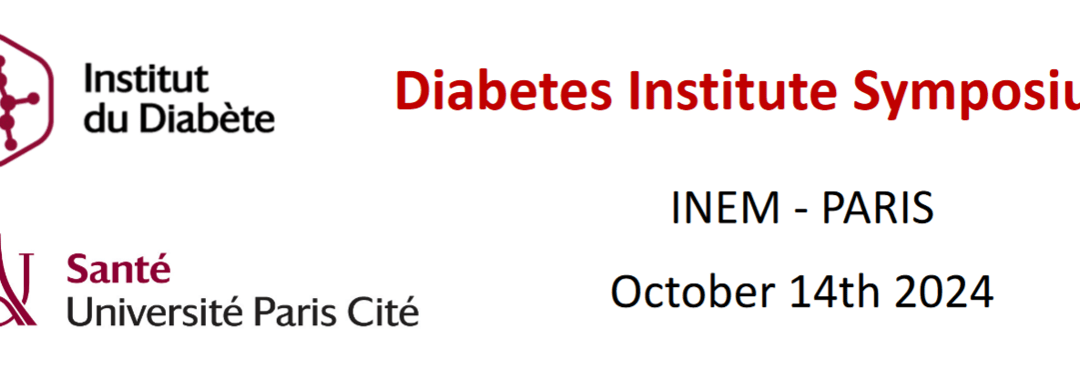Antimicrobial protein REG3A regulates glucose homeostasis and insulin resistance in obese diabetic mice
Abstract
Innate immune mediators of pathogen clearance, including the secreted C-type lectins REG3 of the antimicrobial peptide (AMP) family, are known to be involved in the regulation of tissue repair and homeostasis. Their role in metabolic homeostasis remains unknown. Here we show that an increase in human REG3A improves glucose and lipid homeostasis in nutritional and genetic mouse models of obesity and type 2 diabetes. Mice overexpressing REG3A in the liver show improved glucose homeostasis, which is reflected in better insulin sensitivity in normal weight and obese states. Delivery of recombinant REG3A protein to leptin-deficient ob/ob mice or wild-type mice on a high-fat diet also improves glucose homeostasis. This is accompanied by reduced oxidative protein damage, increased AMPK phosphorylation and insulin-stimulated glucose uptake in skeletal muscle tissue. Oxidative damage in differentiated C2C12 myotubes is greatly attenuated by REG3A, as is the increase in gp130-mediated AMPK activation. In contrast, Akt-mediated insulin action, which is impaired by oxidative stress, is not restored by REG3A. These data highlight the importance of REG3A in controlling oxidative protein damage involved in energy and metabolic pathways during obesity and diabetes, and provide additional insight into the dual function of host-immune defense and metabolic regulation for AMP.
Learn more about this article

Post Doctoral Position
Fully funded 2-year Post-doctoral position in the team of Dr. Ralf JOCKERS, at Institute Cochin

2024 Scientific Annual Day of the Diabetes institute
On Monday, October 14th, the annual Diabetes Institute Scientific Day took place, bringing together around 100 participants at the INEM. Opening of the Annual Scientific Day of the Diabetes Institute Maude LE GALL - Co-Director of the institute (left) Catherine POSTIC...

Diabetes Institute scientific day
The overall goal of this Diabetes Institute scientific day is to provide the most important and up-to-date research in the field of metabolism made at University Paris Cité. The workshop will focus on understanding the recent progress in adipose tissue and liver biology including metabolic and inflammatory processes in the control of the energy homeostasis. Special emphasis will be done to highlight the importance of the organ crosstalk and how signaling pathways in one tissue could affect the metabolism in other tissue.

Les jeunes de l’IHM seront à l’EASD
L’IHM Diabète est heureux d’aider les jeunes à participer à l’EASD en leur attribuant une bourse de 1000€
Rendez-vous en Septembre à Madrid !

